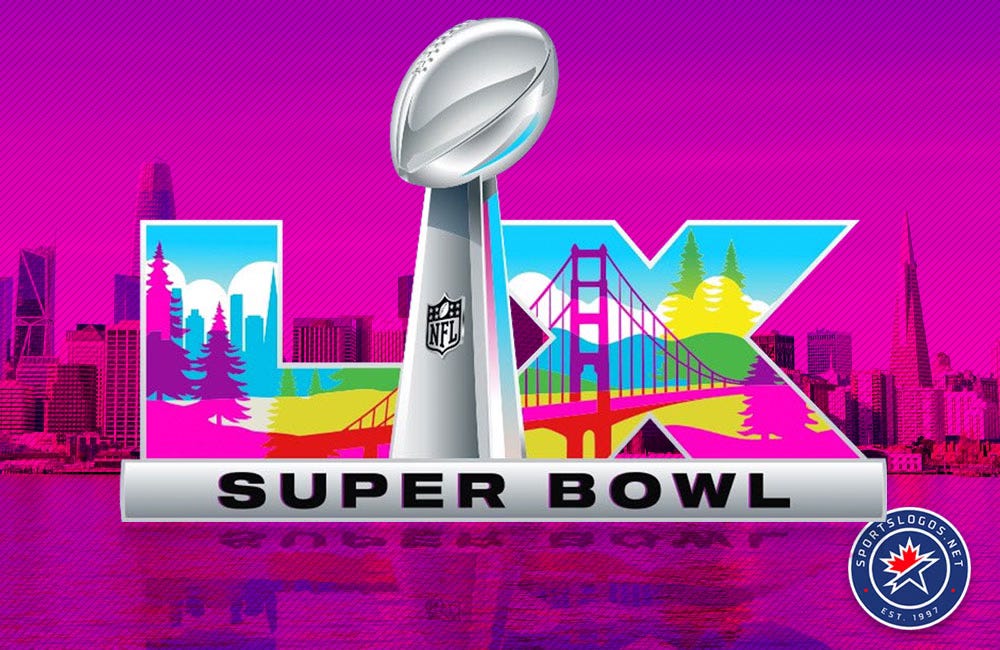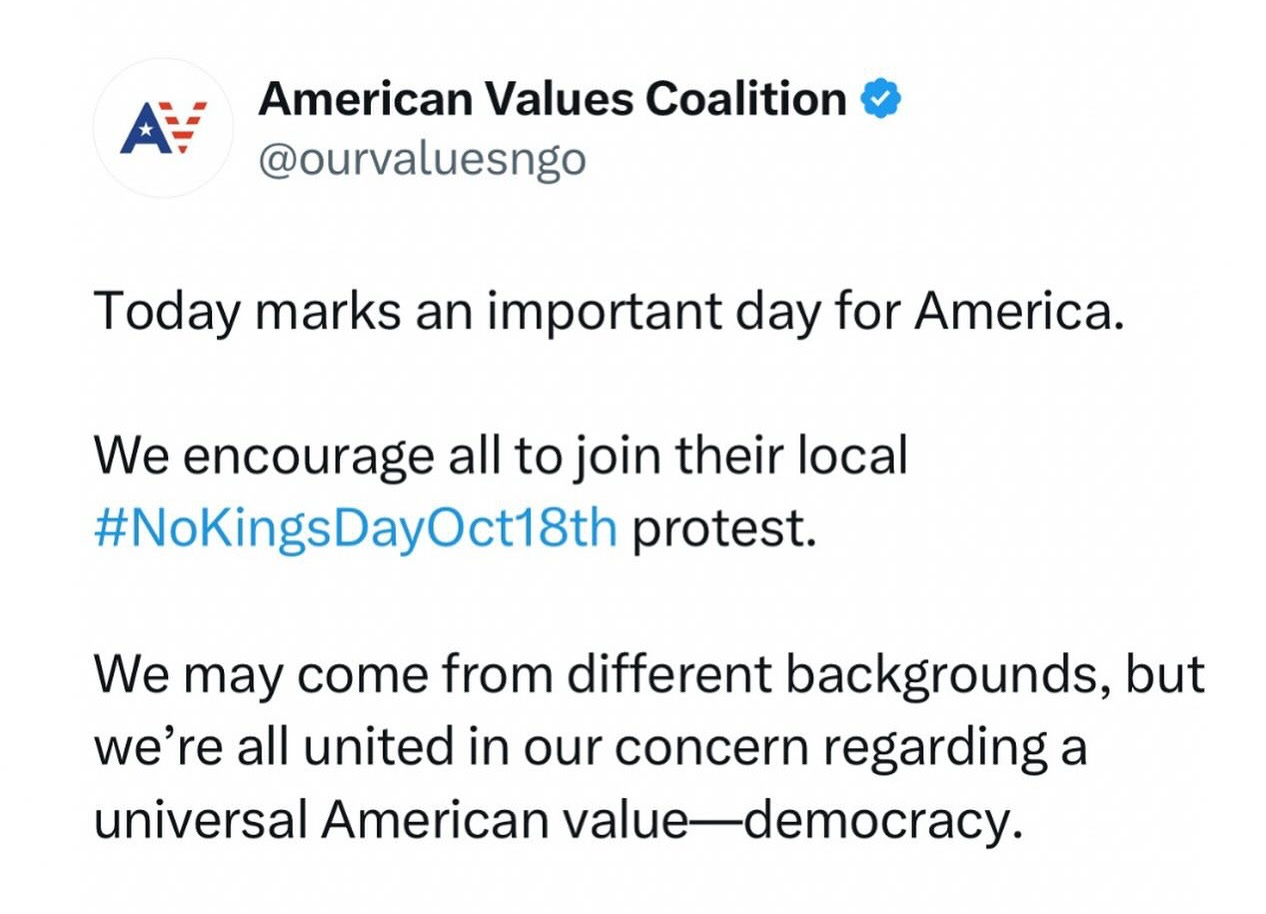Do We Really Need a "Christian" Half-Time Show?
MAGA influencers respond to the NFL's decision to headline the 2026 show with Latin artist, Bad Bunny
It was just announced that 3x Grammy award winning performer Bad Bunny would be headlining the 2026 Super Bowl halftime show in February. Because of how especially moronic everything is right now, social media predictively erupted into a moral and tribal panic. Whether over his anti-ICE comments or his musical catalog being predominantly in Spanish, MAGA influencers were simply not having it.
More specifically, Christians in the MAGA-verse seized on the moment by declaring they will host their own “Christian” half time show, sponsored by the late Charlie Kirk’s Turning Point USA.
There are some on the right who’ve smartly addressed this for what it actually is: a sound business decision. “Flagrant” podcaster Andrew Shultz admitted that his initial, more reactive response was: “It’s the NFL halftime booker’s job to create a show that appeals to as many NFL fans as possible…right?” But he came to a more thoughtful conclusion upon some reflection: “The NFL wants to be a global brand…Maybe, just maybe, not everything is about f@$-k Trump or triggering the libs.”
(Ding ding ding!) As Shultz rightly concludes, this was a business decision designed to expand the Super Bowl brand to an international audience. Bad Bunny was Spotify’s most streamed artist globally for 3 consecutive years (2020-2022). I’ve been reliably informed for decades that conservatives respected smart business decisions. Why not this one?
Now, I grew up in the 90s evangelical culture. I’m all too familiar with the impulses and methods deployed by the Christian industrial complex of that era to create a subculture that challenges the mainstream. And I want to be clear, I’m not at all against Christians engaging in worship music or wanting to influence the culture through entertainment. We are called to be salt and light, to not be hidden from the world. I’m also a free marketer. Competition is good. It’s the self-righteous opportunism I detest. It’s the “us versus them” mentality that I despise. It screams insecurity at best, self-enrichment at mid, entitlement at worst.
I live in an area where at times, English feels like a second language. And guess what, my life has been enriched by the people, the culture, the art, and the challenge of revisiting my high school-level Spanish. But that’s besides the point. As Christians, we know that when Christ comes back, there will be diverse congregations gathered from around the world, speaking in every tongue and dialect, bringing their own styles of worship to the table. What type of “winsome evangelical” message does it communicate to the rest of the world when American Christians are so personally repulsed by a performer who doesn’t happen to speak their native tongue?
On top of this spiritual objection, I also have a political one. According to a recent More In Common poll:
Typically, our research has found that people who are most politically engaged are also the most likely to misunderstand and distrust members of the opposing political party. Yet sports fans tend to be both more interested in politics and also less polarized. Our results show that sports fandom may protect people from some of the downsides of political engagement.
Hear me out: What if, instead of using sports in America to divide us, we used it as a tool to unite again?
I can honestly say I don’t know one single Bad Bunny song. But who cares? This is not the persecution Jesus describes in the Bible. Every day, Christians around the world are murdered for their faith. You are not being personally attacked because an artist outside of your race, style, or tongue will be performing on a national stage while you sit on your couch, drink beer, and down some wings.
With all of that said, if you’re still upset with the content of Bad Bunny’s lyrics, I’ve got some great news for you: As you’ve made abundantly clear this week, you won’t understand anyway! You still have agency here. Instead of complaining, take that 30 minutes to step outside, throw the football with your family and friends, rehydrate, and maybe dig into that seven layer dip. I promise you’ll be alright. Super Bowl Sunday is still one of America’s best pastimes, so go enjoy it!
Join your local “No Kings” Protest Today!
What Else We’re Reading
New York Times: Why So Many Gen-Zers Are Drawn to Conservative Christianity
Gen Z is clouded by despair. It’s not hard to imagine how young people traumatized by the isolation imposed by Covid and disillusioned by the perceived emptiness of secular liberalism might be drawn to a relationship with God and a purpose in life. Many were attracted by Mr. Kirk’s message of confidence and joyfulness in his conservative Christian faith…
Right now, many Gen Z Christians are signing up to be martyrs in a society they believe will reject their views on sexuality, gender and absolute truth. But for those who grow tired of such sensed persecution, winning by rejecting democracy will be a temptation.
Associated Press: Starving children screaming for food as US aid cuts unleash devastation and death across Myanmar
The United Nations estimates 40% of the population needs humanitarian assistance and which once counted the U.S. as its largest humanitarian donor. Now, in Asia, it has become the epicenter of the suffering unleashed upon the world’s most vulnerable by President Donald Trump’s dismantling of the U.S. Agency for International Development.
Matthew Facciani: How to Train Yourself to Be More Open-Minded and Less Easily Misled
Strengthening AOT (Actively Open-Minded Thinking) may protect against many kinds of misleading beliefs, not just political misinformation, but also pseudoscience and health myths. In a world where conflict entrepreneurs, charlatans, and attention-driven social media platforms compete for our focus, cultivating open-minded thinking is a simple, but powerful habit we can build, train, and cultivate.
More In Common US: Sports Fans Are Bridging America’s Political Divide
Typically, our research has found that people who are most politically engaged are also the most likely to misunderstand and distrust members of the opposing political party. Yet sports fans tend to be both more interested in politics and also less polarized. Our results show that sports fandom may protect people from some of the downsides of political engagement.
Anthony Bradley: The “Ethics of Disagreement”: Why We Must See the Person, Not the Politics.
Every encounter with another human being is an opportunity to explore together what it means to be truly human. One of the most subversive acts we can perform is to have a genuine regard for people that transcends the tribal norms of our time. We are conditioned to love people not because they are different, but because they are, in some essential way, like us. A personalist ethic challenges this. It is concerned that we see those who are different from us as human persons with whom we have an opportunity for communion as peers.






